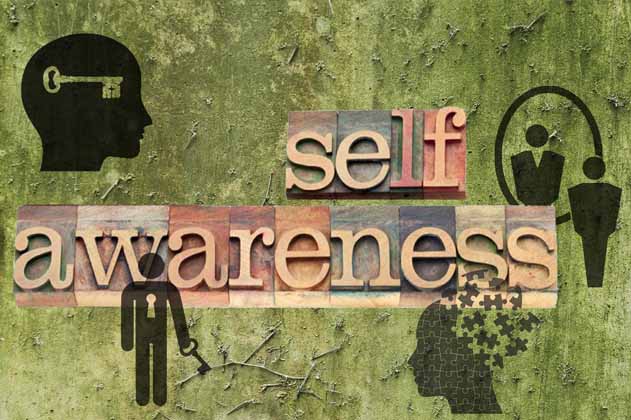Self-awareness is like good taste or humor. Although everyone believes they have it, it isn’t necessarily the case. Self-awareness is ultimately a rare quality, though. Nevertheless, numerous advantages of self-awareness help people succeed in their careers. Let’s examine self-awareness’s benefits and how it promotes professional development.
- Contributes to empathy
Self-awareness is one of the principles of empathy. That’s because we must first understand ourselves before we can understand others. According to the study’s findings, participants who made the biggest strides in identifying the many facets of their personalities also developed their capacity to measure other people’s mental states. Therefore, self-awareness lets us view situations from colleagues’ viewpoints, which helps us progress as workplace communicators.
- Improves communication skills
Adapting your communication style to particular audiences is simpler when you know it. When leading different teams, this ability is crucial. Better active listening abilities are also made possible by increased self-awareness. You may more readily develop loyalty and trust with your team by being more engaged.
- Assists with stress management
By developing self-awareness, you recognize feelings and behaviors that indicate your general well-being. So that you can act to change the situation if you start to feel annoyed or exhausted. You can change your lifestyle to improve your mental and physical health if you’re aware of it.
- This leads to better time management.
One of the cornerstones of time management is self-awareness. For example, do you know when your peak performance times are? You are most effective during these hours of the day. Plan analytical work for the morning if that’s when you feel most energized. On the other hand, if your energy flags in the late afternoon, this is an excellent opportunity to concentrate on less severe administrative activities.
- Facilitates decision making
The most effective leaders know who they are and can use their intuition to their advantage. Additionally, they are conscious of their sentiments to prevent their emotions from impairing their judgment. Self-aware people make better decisions because they know their biases and understand how they can influence them to make bad decisions.
- Increases self-control
The practice of patience is also helped by concentrating on self-awareness. This is because it necessitates considering your actions and acting most acceptably. For instance, you should communicate your rage and dissatisfaction when a team member commits a mistake. But if you practice restraint, you’ll consider your response before acting.







